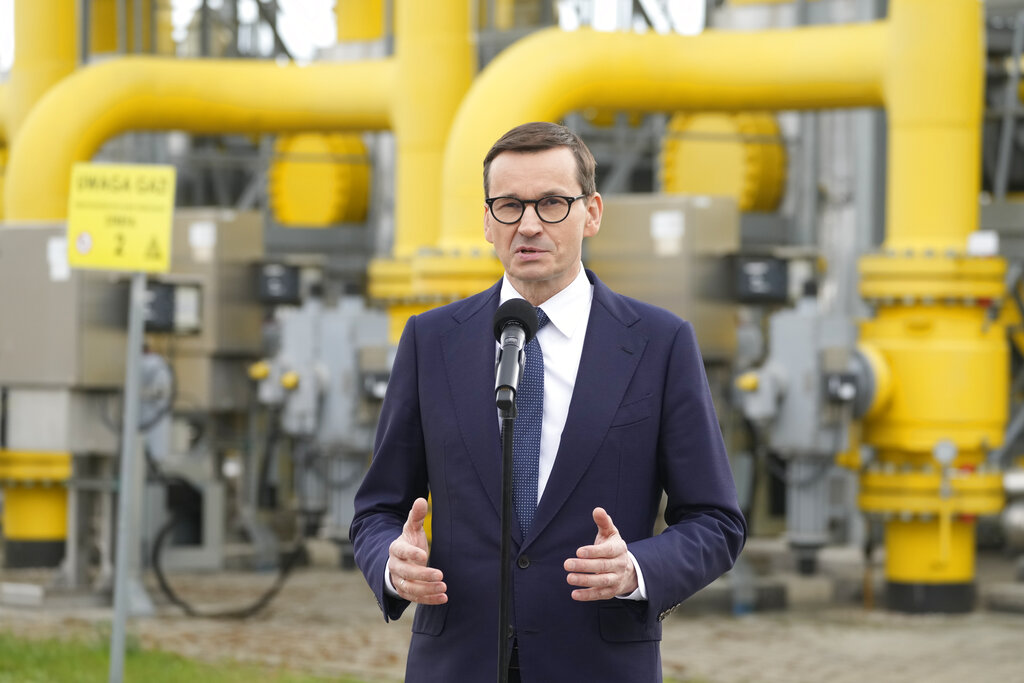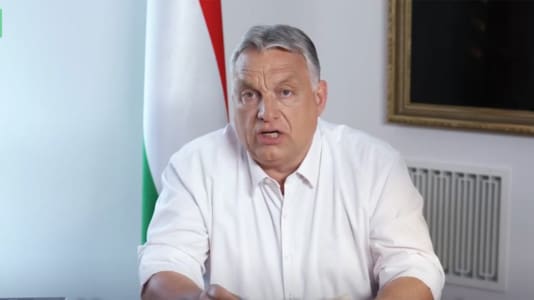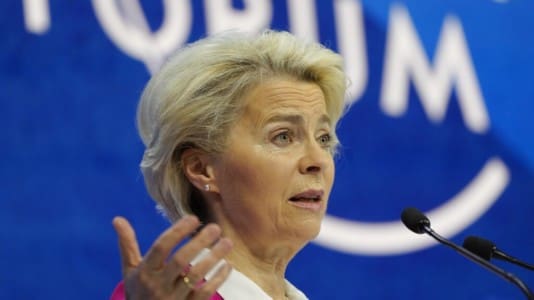Polish Prime Minister Mateusz Morawiecki has appealed to Hungary once again to move away from importing Russian oil as soon as possible.
Speaking to U.S. media at the World Economic Forum in Davos, Morawiecki explained that the European Union was working for unity on the proposed Russian oil embargo but acknowledged some central European nations — particularly landlocked countries like Hungary, Slovakia, Austria, and the Czech Republic — would find a move away from Russian oil more difficult than others.
Morawiecki explained, however, that “to have a full view of the situation, you need to consider the countries that would have a problem with rapidly moving away from Russian resources, that is in the six to twelve following months” — he cited his fellow Visegrád nations and Austria “as those countries do not have access to sea, gas terminals that Poland and other countries have.
“These are the countries that are asking for longer transition periods, but it is correct that Hungarians are somewhat at the forefront, because Hungary is asking for the longest transition periods and for solutions that will help them replenish choke-points in the oil transport infrastructure”, Morawiecki explained.
The Polish prime minister also revealed that talks at an EU level were currently underway to decide on the next round of sanctions against Russia. The European Commission wants the ban on importing Russian oil to start being enforced six months after the sixth package of sanctions is introduced with an embargo on oil products proposed from 2023. The plans facilitate a delay on imposing the ban for Slovakia and Hungary until 2024 to enable the countries which are currently heavily reliant on Russian oil to transition.
According to the Financial Times, Orbán recently penned a letter to the President of the European Council Charles Michel explaining that his country is not able to support sanctions without more specific information about the scope of available EU funding that could genuinely aid Budapest in moving away from Russian oil.
The Hungarian leader stressed that discussing the package of sanctions on the level of EU leadership without achieving a consensus first among member states would give an opposite effect than the one intended.
Orbán has thus far opposed the proposals on the basis that Hungarian consumers would be adversely affected, arguing that ordinary Hungarians should not be made to pay for the cost of war.





